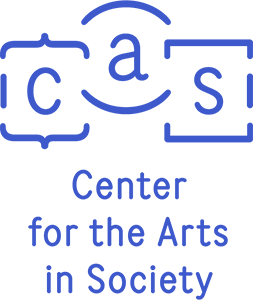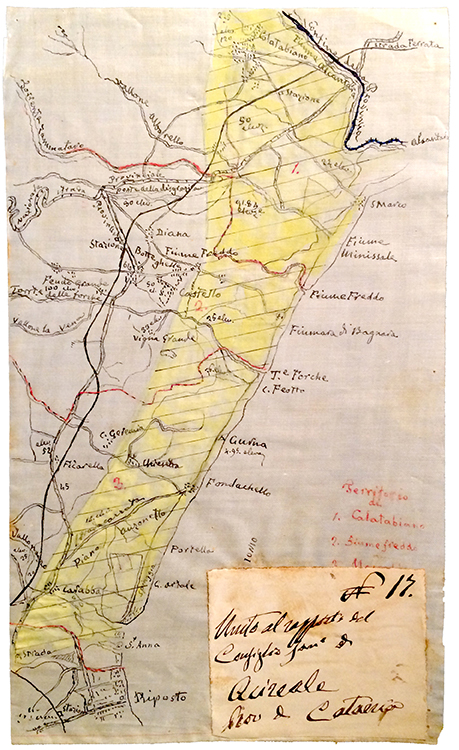Sardinia and the Ecology of Malaria Control
CAS Speakers Series
Andrea Bagnato
Thursday, February 18 at 1:00pm on Zoom
Attempts to control malaria in Italy span the entire peninsula and more than seven decades, starting after the political unification in 1860. However, their spatial consequences were the strongest in the South, where territories considered marginal played in fact a central role in the construction of the liberal State. This research looks at the geography of land reclamation and new towns in Sardinia, to argue that “malaria” served as a cover to impose the capitalist modernization of an island that had for centuries been based on subsistence economy and collective landownership. Ideas of disease and hygiene were a dispositif to medicalise the peasant population and label it as backward, while allowing for a major reconfiguration of the island’s ecology. While centered on Sardinia, much of the work relates to Southern Italy as well, and more in general to the racialised construction of a subaltern subject and a global “South”.
Andrea Bagnato studied at the Centre for Research Architecture at Goldsmiths. As a professional book editor, he has worked for the Sharjah Architecture Triennial, Forensic Architecture, and the Chicago Architecture Biennial. Among his books are SQM: The Quantified Home (Lars Müller), A Moving Border: Alpine Cartographies of Climate Change (Columbia Books on Architecture), and the two volumes Rights of Future Generations (Hatje Cantz). Since 2014 he has been conducting research on architecture and epidemiology under the long-term project Terra Infecta, which will lead to an artist book (2021) and an exhibition (2022).
This event is part of the Spaces of Containment and Care Project.

